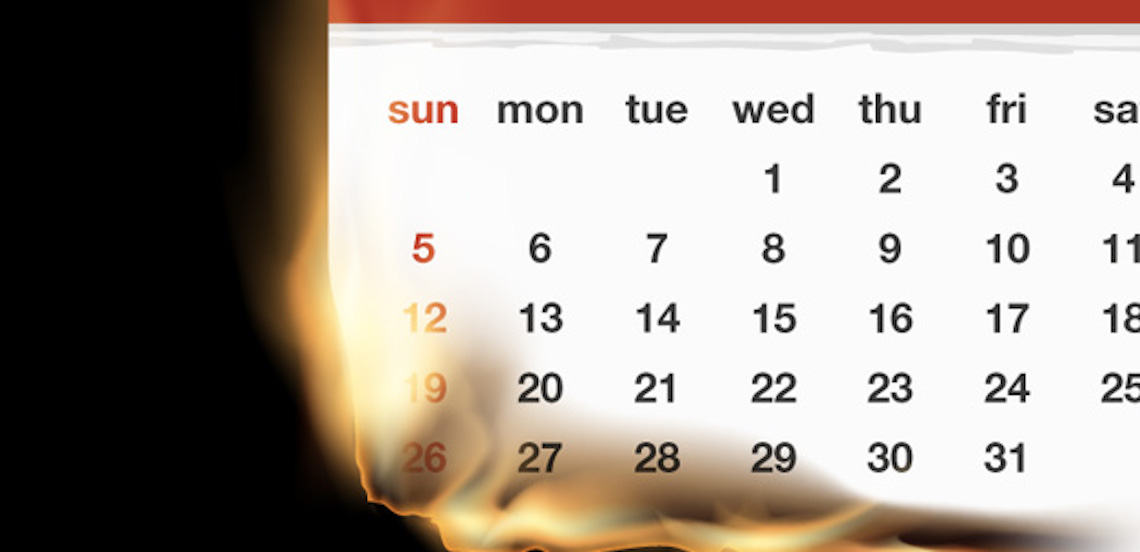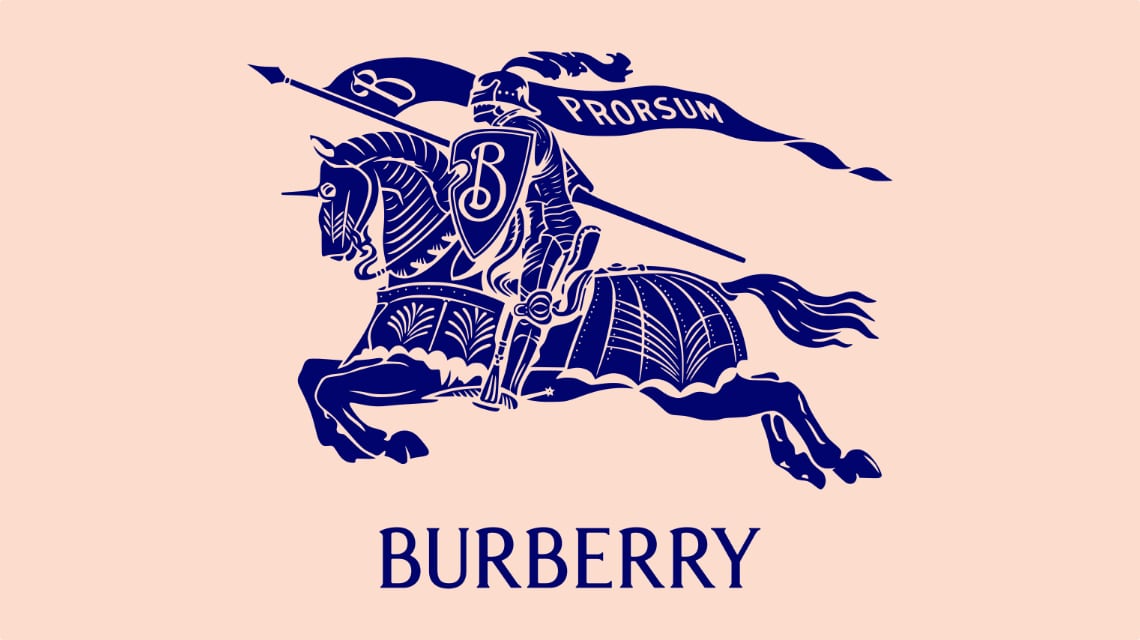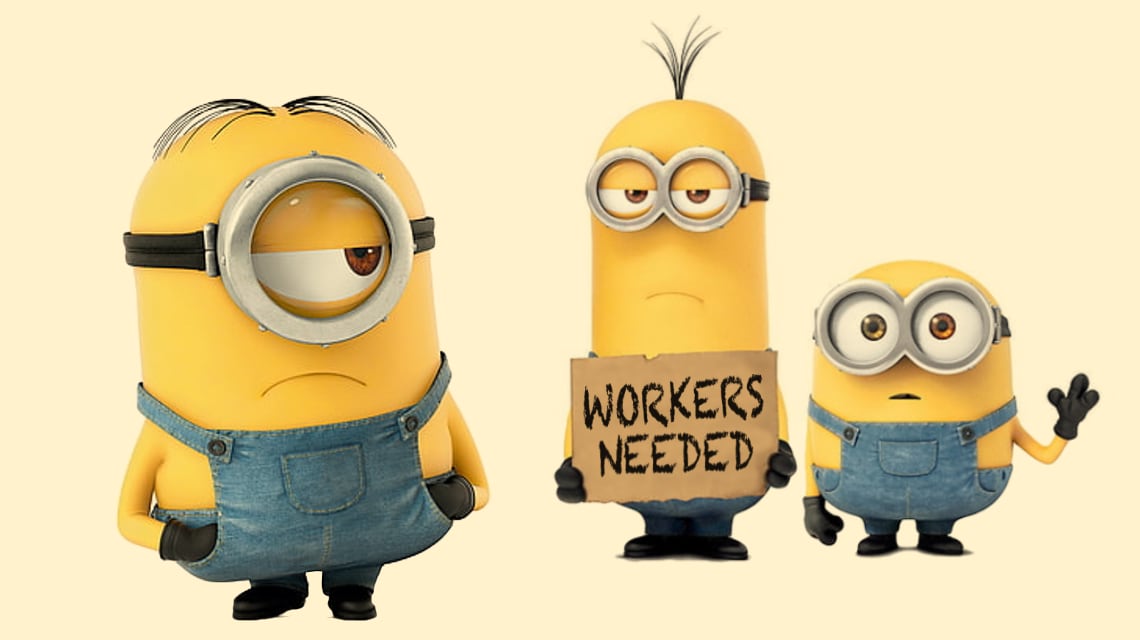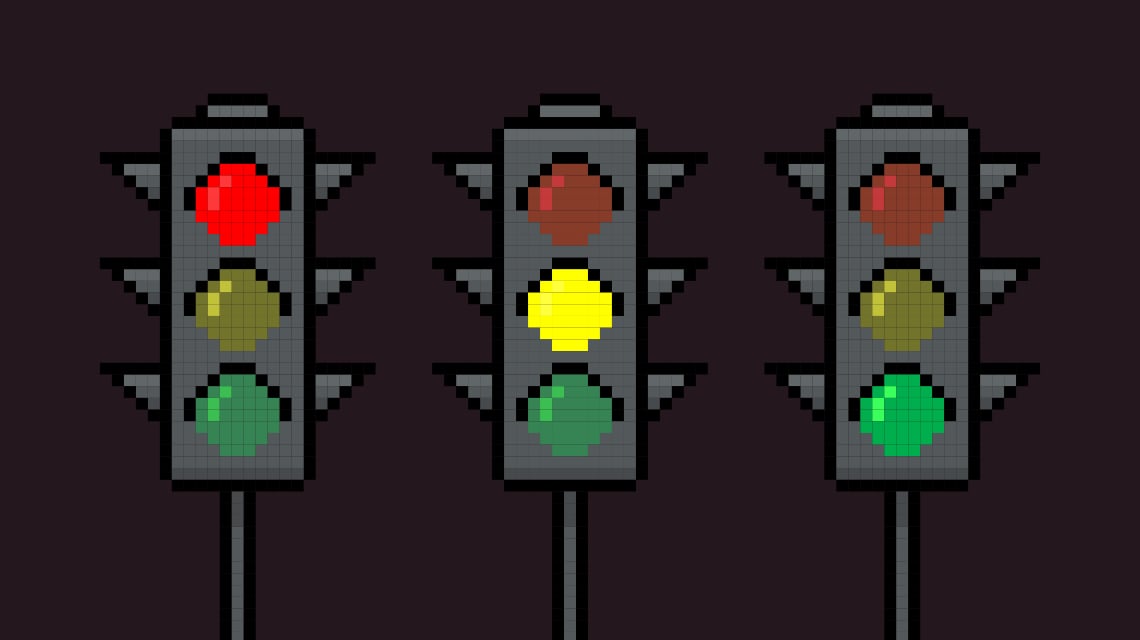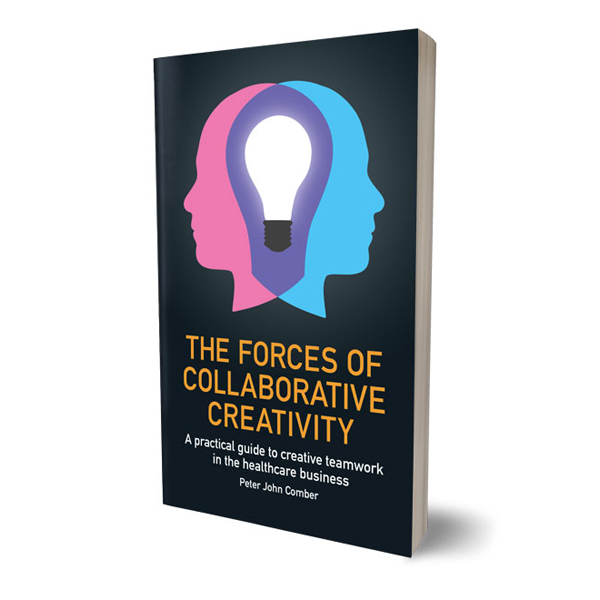Whooosh!
All deadlines are not created equal.
“I love deadlines. I like the whooshing sound they make as they fly by.” Douglas Adams, a talented and imaginative author, evidently had a healthy disregard for deadlines. Possibly this was a contributing factor to the quality of the work he has left us. Because the fact is, creativity doesn’t adhere to deadlines. Sure some creative activities can be planned and orchestrated precisely. For example, an experienced illustrator can estimate quite accurately how long it will take to produce a piece of work. On the contrary, I have never met someone who could confidently predict how long it would take them to produce a novel concept that they were proud of.
I once participated in a creative workshop that brought together about fifty client and agency people from around the world for a full week to create a global brand concept. It was a big, costly exercise that required planning and faith that the outcome would be successful, which it was. What the planning didn’t anticipate was that the idea that ultimately was utilised worldwide was designed by one person in the first ten minutes of the first day - the rest of the time and energy (approximately 2.000 hours of work) was spent trying to make something better. And failing. At another week-long creative workshop, I witnessed the failure of some of the best creative minds in the world to produce a single idea that justified their effort. That’s creativity, it laughs at clocks and calendars.
A deadline is a feature on a timeline and timelines are linear and one-directional. Creativity is non-linear and multi-directional. Unstoppable force meets immovable object. This is a fundamental problem of applied creativity - in a business context unpredictability is not viewed positively, deadlines are inviolable and those who don’t respect them face penalties. Consequently, a shared illusion is that creativity seems to flow more abundant and stronger closer to a deadline, which leads to ever-shorter deadlines. This phenomenon is in part because an impending deadline focuses concentration, which admittedly is good. Not so good is that the deadline creates anxiety and unconsciously lowers the standard of ‘acceptable’ ideas. Rather than miss a deadline unsatisfactory ideas are offered, accepted and produced - with predictably unhappy results for all involved once the rush and adrenaline dissipate.
The origin of the term deadline is unknown. Possibly it originated in prisons in the mid-eighteen hundreds to describe the boundary within which prisoners were confined and if they crossed it risked being shot. For certain it was adopted early on by journalists to describe the point in time after which news copy would not be printed in the following day’s newspaper. Today, few creative deadlines threaten fatalities, most deadlines are artificial and no longer related to a technical cut-off point. Yet, paradoxically, deadlines have become shorter and inviolable. Maybe it’s time to step back a bit, provide for more flexibility in creative timelines. I realise that a Christmas commercial is of little value if delivered on boxing day. However, the search for a great idea should always be allowed to prevail over the pointless tyranny of the pseudo-deadline.
